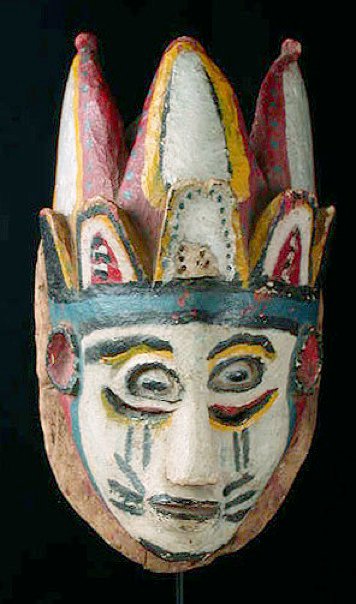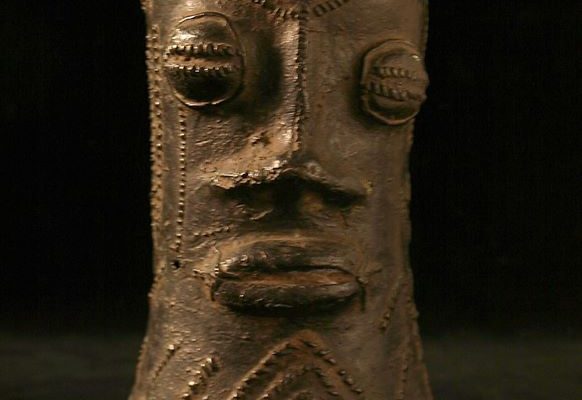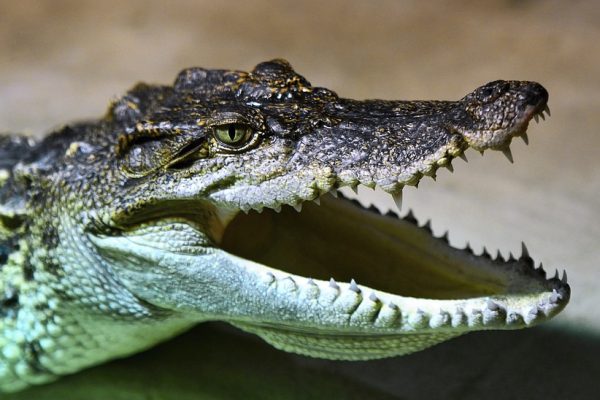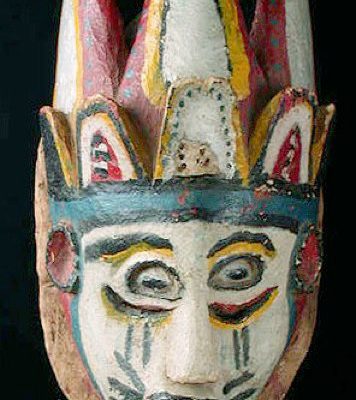Preserving Our Rich Igala Heritage: A Call to Action Igala is the custodian of a remarkable and ancient heritage, and it is heartwarming to witness its endurance throughout the ages. From the dawn of antiquity, through the stone and iron ages, to our contemporary times, Igala heritage has persisted, staunchly resisting the forces seeking to undermine it. These pressures, while man-made, encompass declining literacy in our language, the disappearance of reading and writing materials, and […]
Welcome back, Ki-gala.com
Welcome back, ki-gala.com We are awfully sorry to announce that our Igala studies website, https://www.ki-gala.com, is back on the Internet. We had some technical issues but are glad to say we have put that behind us. You, our esteemed visitors, are welcome back to the website. While on break, certain happenings have taken place around the world and our nation. On the international scene, the Ukrainian war still lingers and has precipitated hikes in food […]
Crooking the Crocodile
Once upon a time, a female crocodile settled on the bank of a river. One evening, as she was strolling, she chanced upon some eggs lying in a nest, partially covered. Her jaw dropped as she marveled at their freckled beauty, wishing they were her own eggs. When she got home and mentioned her adventure, seeking someone who could help her to decorate her eggs, she was directed to Mr. Tortoise. Thanking the neighbours for […]
Culture: Feast of the First Fruits
Since ancient times, the Igala race have routinely offered the ‘First Fruits’ of their farm-work as a sacrifice to their ancestors during the Égwú Festival. Similarly, the ancient Greek, Roman and Hebrew were known to present, through a priest, the ‘First Fruits’ of their agricultural yields. This practice underscores their commitment to ancestor veneration as a cardinal principle of the Igala Traditional Religion (ITR), which the call Ògwùchẹ́kwọ̀.
Igala Vowels Versus English Spectre
Learning a new language is a very interesting phenomenon; but, sometimes, it is not without its own downsides. More often than not, an Igala language student is faced with occasional interference, either from another language or other language varieties, mostly through code-switching. Wikipedia defines code-switching as “language alternation,” describing a situation where a speaker ‘alternates’ from one language to another without control. It is true that the Igala alphabet descended from the English alphabet; but […]





